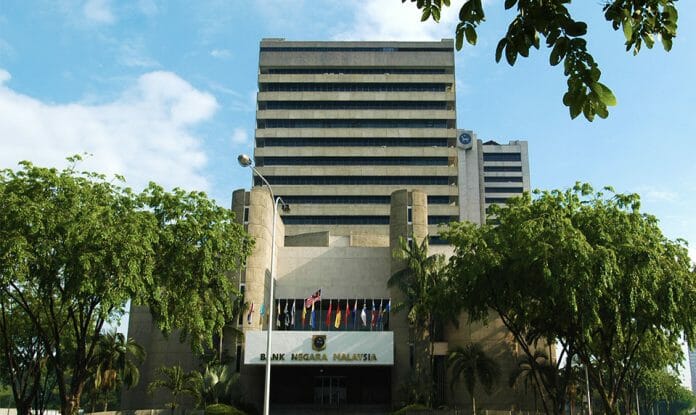BNM released its monetary and financial development key highlights for February, here are the points indication the country’s the economc health.
Headline inflation was stable at 3.7% in February (January: 3.7%) as the increase in inflation for food and non-alcoholic beverages and rental was offset by the decline in inflation for recreation services and culture, as well as transport.
Of note, adverse weather conditions in January and February have also contributed to an increase in inflation for certain segments of fresh food, particularly fresh vegetables.
Meanwhile, underlying inflation, as measured by core inflation, was steady at 3.9% (January: 3.9%).
Higher export growth in February
Exports grew by 9.8% (January: 1.4%) in February 2023.
Manufactured export growth was driven mainly by electrical and electronics (E&E) and petroleum products. Meanwhile, commodities exports continued to be supported mainly by liquefied natural gas (LNG) and crude petroleum shipments.
Moving forward, the moderation in global growth and lower commodity prices are expected to weigh on Malaysia’s exports.
Credit growth remained supportive of economic activity
Credit to the private non-financial sector grew by 4.5% as at end-February (January: 4.3%), reflecting mainly the higher growth in credit to businesses (3.6%; January: 3.3%).
Outstanding household loan growth was sustained (5.3%; January: 5.3%), supported by higher growth in consumption-related credit (4.8%; January: 4.4%), while growth in outstanding loans for the purchase of securities declined (-3.3%; January: -1.4%). Of note, loan disbursement growth was strong across all purposes (25.4%; January: 9.4%).
For businesses, outstanding loan growth expanded by 2.3% (January: 2.1%), driven by higher growth in both working capital (1.9%; January: 1.6%) and investment-related financing (4.1%; January: 3.9%). Meanwhile, outstanding corporate bonds growth continued to increase (5.5%; January: 5.1%).
Domestic financial conditions tightened following an upward revision to the US policy rate expectations
Global financial conditions tightened as market participants revised upwards their expectations for the future US federal funds rate following stronger-than-expected US economic data.
Consequently, domestic financial conditions tightened. The 10-year Malaysian Government Securities (MGS) yields rose by 11 bps, in tandem with the movement of bond yields in regional* (average: 26 bps) and major economies. The FBM KLCI also declined by 2.1% (regional* average: -2.0%) amid non-resident portfolio outflows from the domestic equity market.
The ringgit depreciated by 4.9% against the US dollar, in line with the movement of regional* currencies (average: -3.9%).
Banks remain well-capitalised to support economic recovery
Banks continue to record strong capital buffers to absorb any unexpected shocks while preserving their ability to provide financing to the economy.
The banking system excess capital buffer stood at RM135.0 billion.
Banks maintained strong liquidity and funding positions to support intermediation
The banking system reported healthy liquidity buffers with the aggregate Liquidity Coverage Ratio at 152.7% (January: 147.1%).
The aggregate loan-to-fund ratio remained largely stable at 81.5% (January: 82.3%), supported by sound growth in deposits of 7.0% (January: 7.5%).









